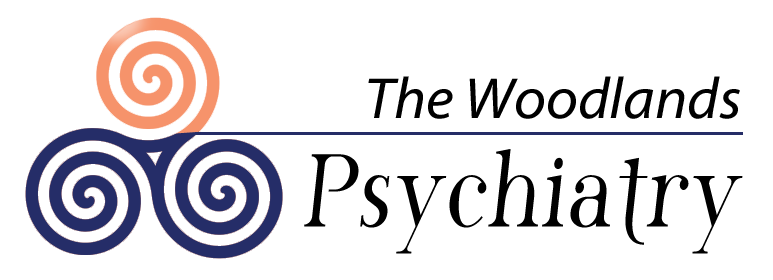This topic has been debated, at times hotly, over 10 to 20 years or longer. There are ethical and philosophical questions tied up with this topic and people are either against or in favor of it, depending on which side of the fence they are sitting. It is beyond question that if one is in the situation that is appearing hopeless that one wants to get out, with assisted suicide as one of the frontline options. Aside from the ethical questions, when just looking at the rate of depression in these patients, one sees that the question of whether to kill oneself or not is overshadowed with this fact: patients that are considering this form of exit from life have a depression rate of about 60%. This is against the depression rate in the general population of about 3%. Furthermore, hospitalized medical patients have been shown to be depressed at the rate of 15%, and cancer patients at 25%.
Perhaps, before killing oneself when one has been thinking about assisted suicide, one ought to be assessed for depression and be treated for it. There may be associated factors of pain issues which may or may not have been adequately treated. Physicians tend to undertreat pain because of fear of causing their patients addiction problems, accidental overdoses resulting in death and of getting censured by their medical boards. So, the bottom line is that when considering assisted suicide one should go on the assumption that killing oneself cannot the best option for the treatment for depression .
